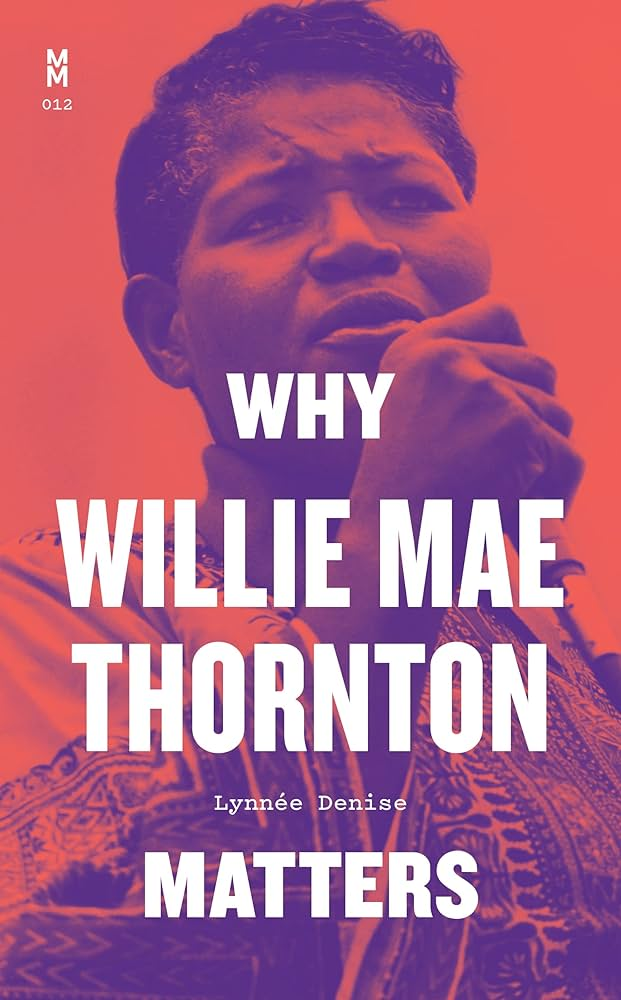You mentioned that moment with Elvis and “Hound Dog.” What do you think is the impact of her contributions on music?
That’s also what the video taught me. She performed the song “Ball and Chain.” It’s a song that she wrote in the late 1960s when she was on the West Coast, in the Bay Area, in particular. There was this White woman whose name so many of us know, Janis Joplin. She was a huge fan of Willie Mae and saw Willie Mae perform “Ball and Chain” in some club in San Francisco and came up to her like, “Can we use this song?” Willie Mae scribbles the words to the song on a napkin and was like, “Absolutely.”
What it says to me is that we have the 1950s and her contribution to the early stages of rock and roll, just through her movement through the South and her contribution to something like the Chitlin’ Circuit sound. She made a significant contribution to the vaudeville era, which she grew up in in the 1930s and 1940s. We have the 1960s folk/blues movement that she contributed to and helped shape. We have an interesting 1970s rhythm and blues/blues genre of music that she contributed to, all the way into the 80s.
She comes from a hardcore Christian background, but she has always been clear that as a publicly drinking, cursing, gender-nonconforming, super-tall woman, that she had her own relationship with gospel. She refused to alter for what might be the expectations of the Black church. So you might find Willie Mae singing a gospel song while very, very drunk and not trying to hide it. For her, you weren’t supposed to give up your identity for how other people thought you should understand your own faith. She was like first of all, I’m drunk. I’m fine. I believe in the Lord. And here’s how I want to express this song, “He’s Got the Whole World in His Hand.” She does that song on her gospel album that came out in 1971.
She’s contributed to so many forms of Black music directly and indirectly, but then also to American music directly and indirectly.
What do you think is the significance of her showing up in the world the way she did?
She’s just an OG in so many ways. It’s about the architects, thought leaders, innovators, the firsts to introduce something in a context where that thing that you’re introducing isn’t loved or well received. That OG status is also connected to her refusal to care enough to alter who she was. She had a brilliant refusal to care.
